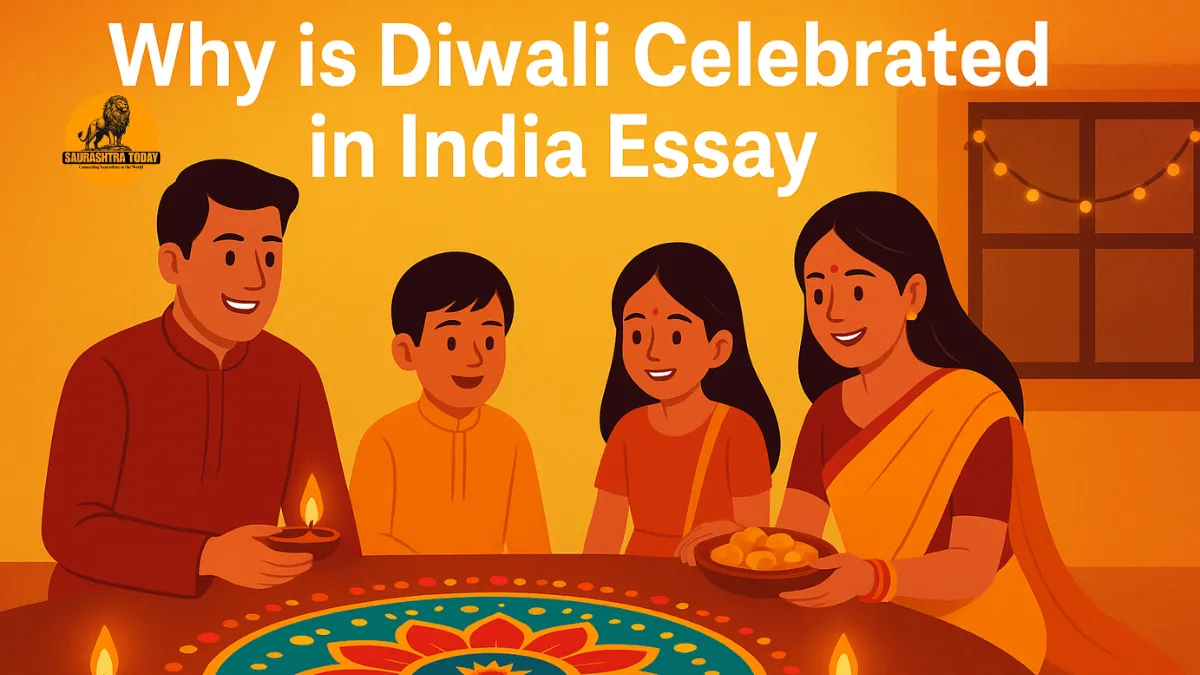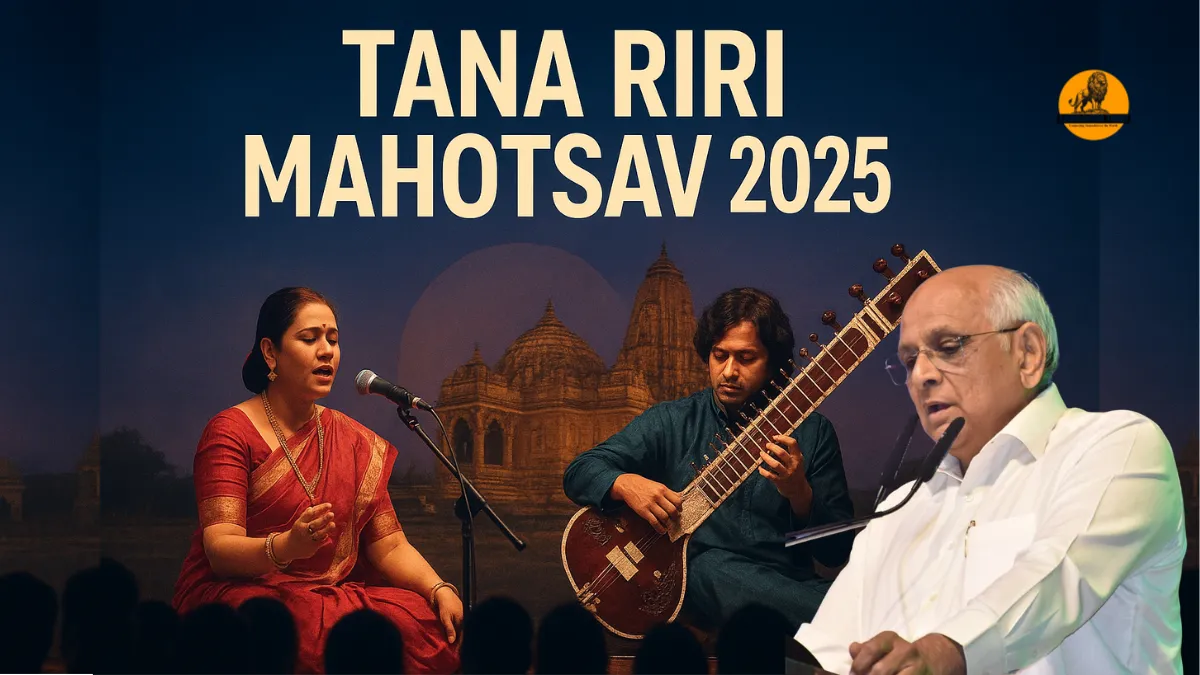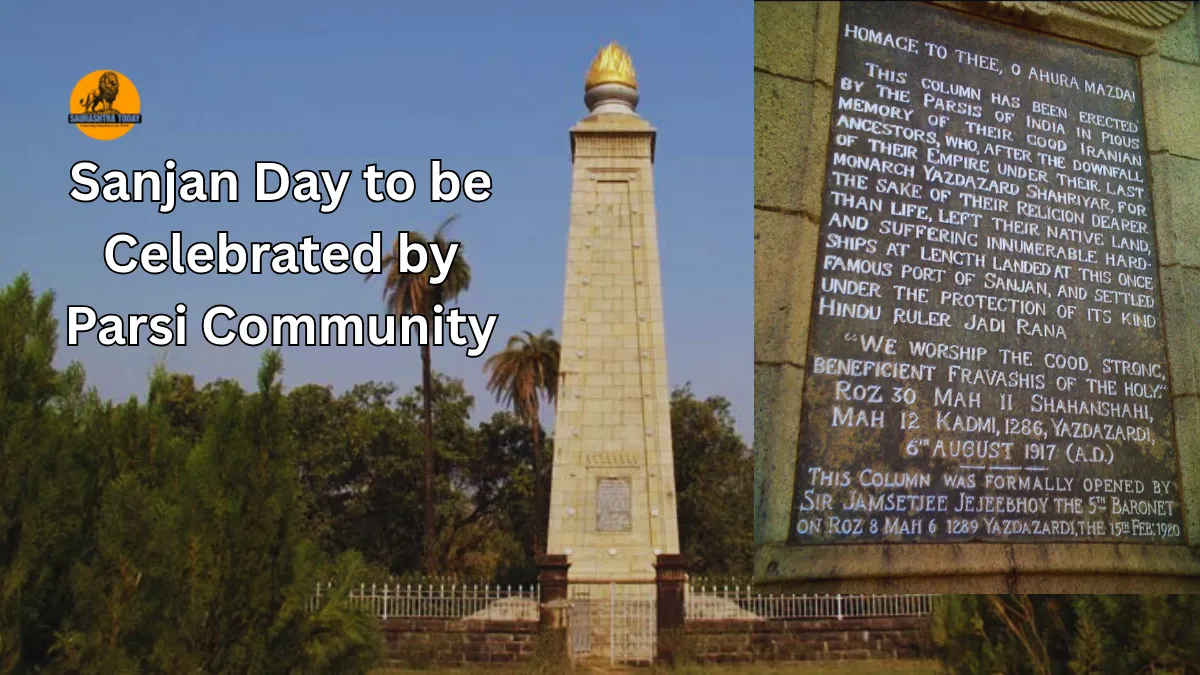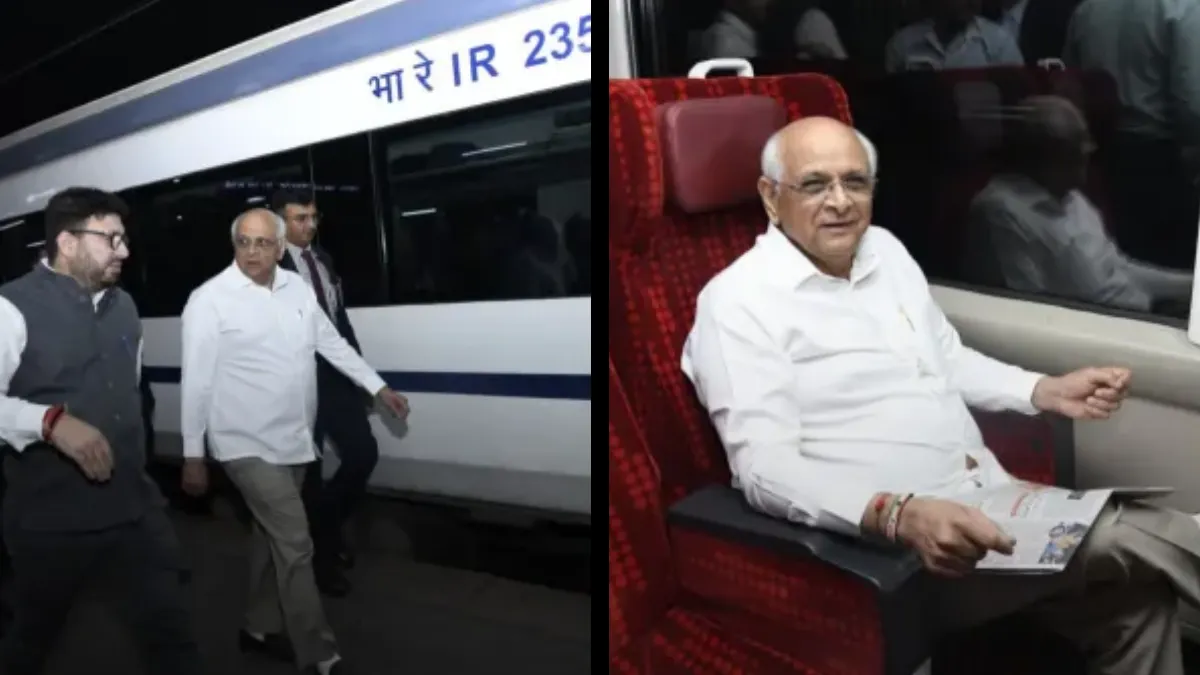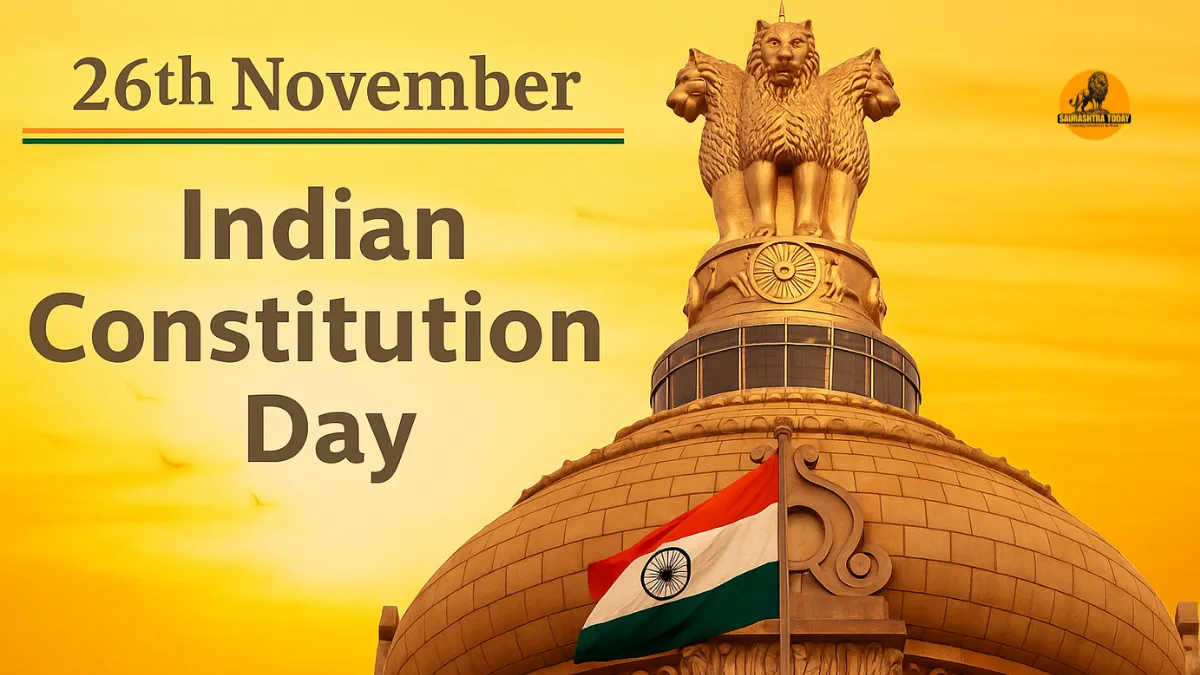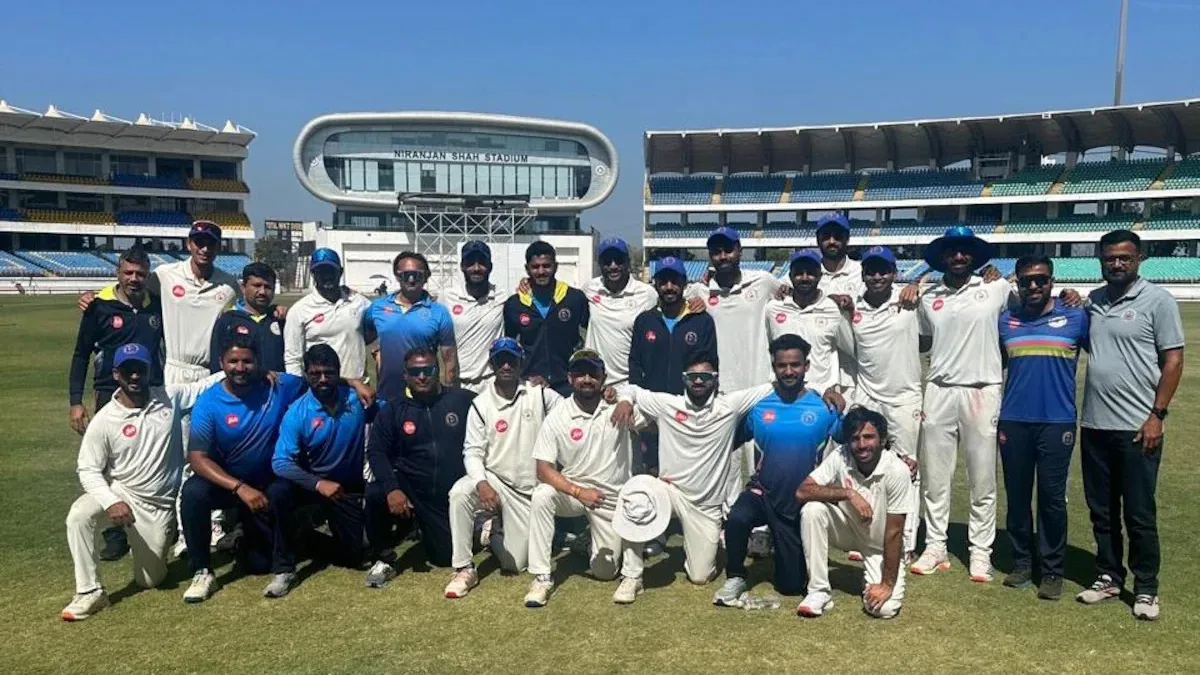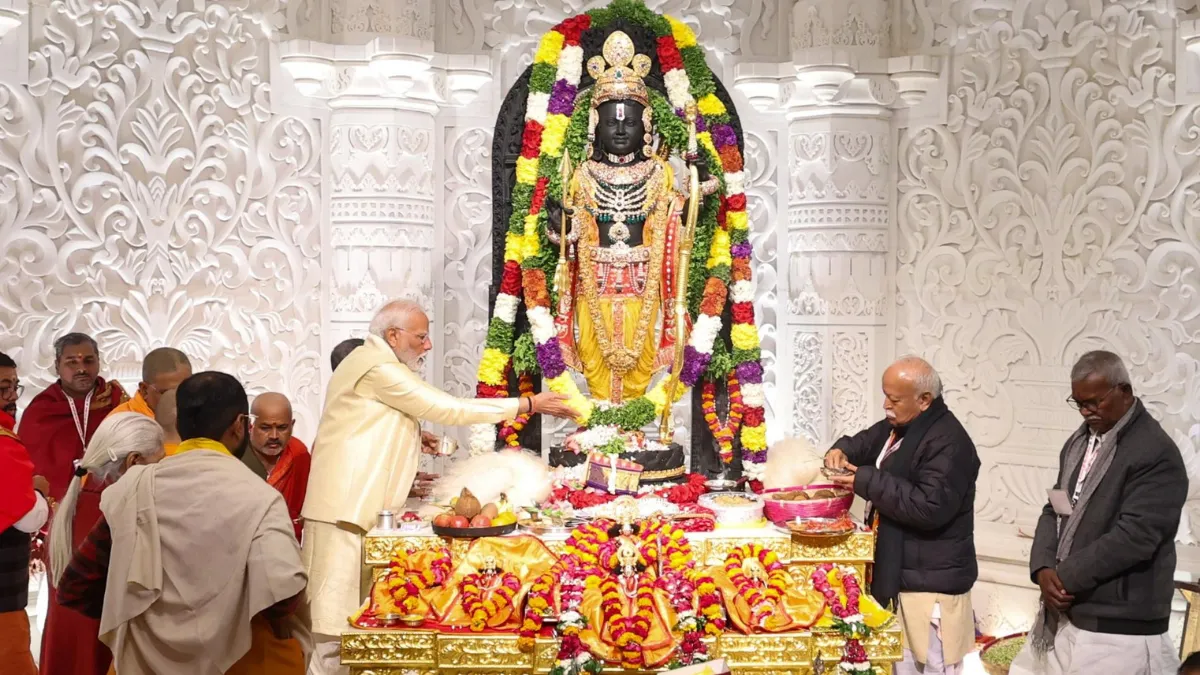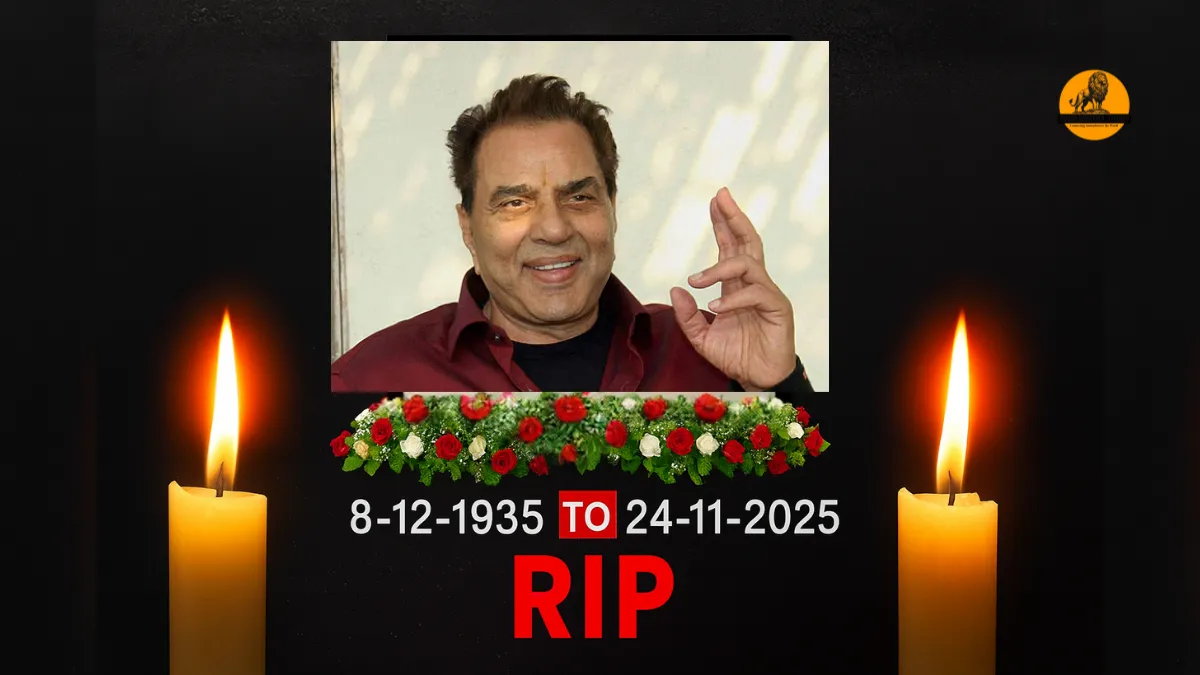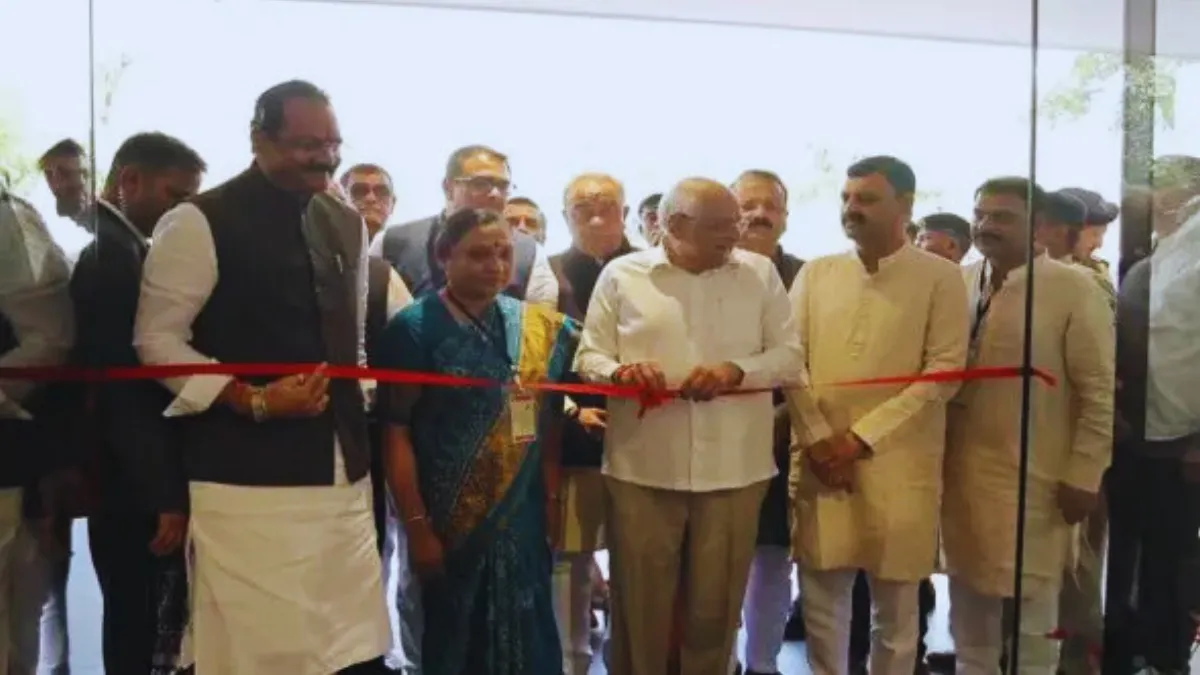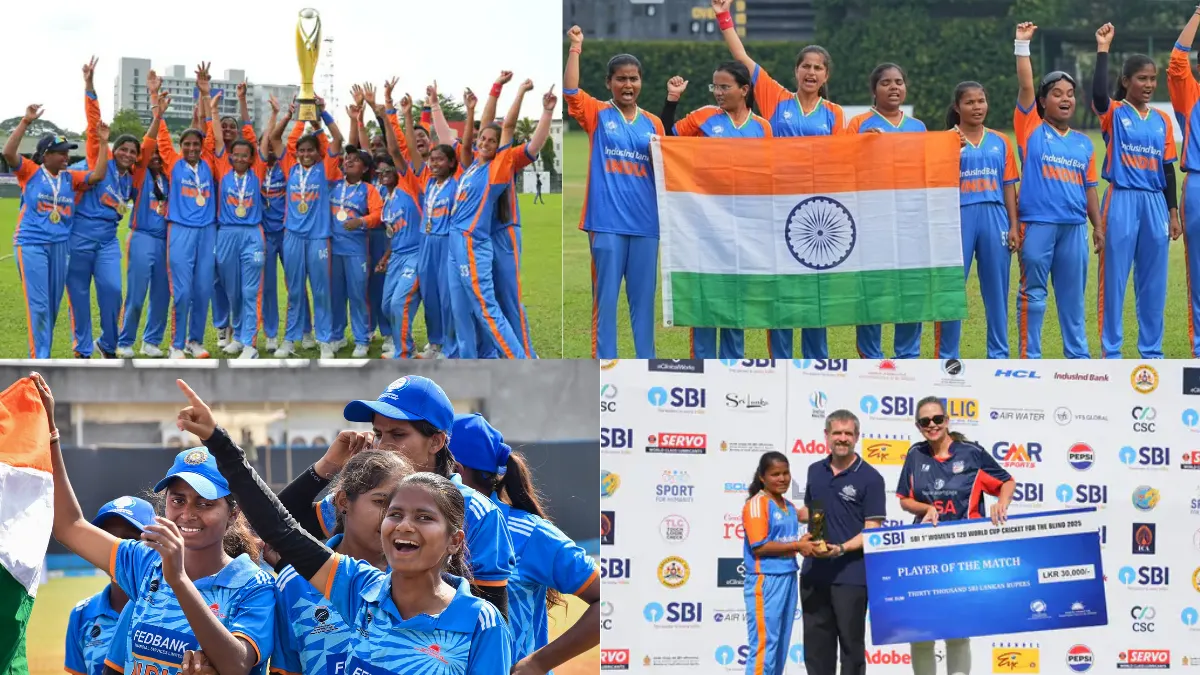Why is Diwali Celebrated in India Essay: Diwali, also known as Deepavali, is one of the most widely celebrated festivals in India. It is a festival of lights, joy, prosperity, and the victory of good over evil. People across the country look forward to Diwali with immense excitement, decorating their homes, lighting lamps, bursting crackers, and exchanging sweets and gifts. But beyond the celebrations, there are deep-rooted historical, religious, and cultural reasons why Diwali holds such a significant place in Indian society.
Historical Significance of Diwali
Diwali has a rich historical background that dates back thousands of years. The festival is mentioned in several ancient texts, including the Ramayana, Mahabharata, and Puranas. One of the most popular legends associated with Diwali is the return of Lord Rama to Ayodhya after a 14-year exile and defeating the demon king Ravana. To celebrate his victorious return, the people of Ayodhya illuminated the entire city with earthen lamps, marking the beginning of the Diwali tradition.
Another historical perspective is linked to the worship of Goddess Lakshmi, the goddess of wealth and prosperity. Many businesses in India consider Diwali as the beginning of the financial year, and it is believed that Goddess Lakshmi visits homes and blesses them with wealth and success during this period.
Religious Importance of Diwali
Diwali is celebrated by Hindus, Sikhs, Jains, and Buddhists, and each community has its own religious significance attached to the festival.
Hindu Perspective
For Hindus, Diwali symbolizes the victory of light over darkness and knowledge over ignorance. Apart from Lord Rama’s return, it is also celebrated to honor Lord Krishna’s victory over the demon Narakasura. On this day, devotees perform Lakshmi Puja, seeking blessings for wealth, happiness, and prosperity.
Sikh Perspective
Sikhs celebrate Diwali as Bandi Chhor Divas, commemorating the release of Guru Hargobind Ji from imprisonment. It is a day to celebrate freedom, justice, and righteousness.
Jain Perspective
For Jains, Diwali marks the attainment of Nirvana by Lord Mahavira. It is a time of spiritual reflection and renewal.
Buddhist Perspective
Certain Buddhist communities, especially Newar Buddhists in Nepal and India, also observe Diwali as a festival to honor wealth, prosperity, and community harmony.
Cultural Significance of Diwali
Beyond its religious importance, Diwali holds immense cultural significance in India. It is a festival that brings families and communities together. People clean and decorate their homes to welcome positivity, prepare delicious sweets, and exchange gifts with loved ones. The festival promotes unity, social bonding, and the spirit of sharing.
During Diwali, markets come alive with vibrant decorations, colorful rangoli designs, and shopping festivities. People also engage in traditional activities like wearing new clothes, visiting temples, and lighting candles or diyas in their homes. These practices reinforce cultural identity and preserve traditions passed down through generations.
Why is Diwali Celebrated in India?
There are multiple reasons why Diwali is celebrated across India, which can be categorized as religious, historical, and cultural:
- Victory of Good Over Evil: Diwali reminds people of the triumph of good forces over evil ones, inspiring hope and positivity.
- Return of Lord Rama: The celebration marks the joyful return of Lord Rama to Ayodhya after defeating Ravana.
- Goddess Lakshmi Worship: Diwali is considered the most auspicious time for seeking wealth, prosperity, and success.
- New Beginnings: Many businesses start their financial year during Diwali, symbolizing new beginnings and growth.
- Family Bonding: It is a time when families come together, reinforcing social and familial bonds.
How Diwali is Celebrated in Different Parts of India
While the core significance of Diwali remains the same, its celebration varies across regions:
North India
In North India, Diwali is celebrated by decorating homes with diyas, performing Lakshmi Puja, and bursting fireworks. It also marks the start of the new financial year for traders and businesses.
South India
In South India, Diwali signifies the victory of Lord Krishna over Narakasura. People wake up early, take oil baths, wear new clothes, and share sweets with friends and family.
West India
In Maharashtra and Gujarat, Diwali is celebrated with vibrant decorations, fireworks, and family feasts. Rangoli designs at the entrance of homes are a common sight, welcoming prosperity and happiness.
East India
In West Bengal, Diwali coincides with Kali Puja, where Goddess Kali is worshipped. The festival involves lighting lamps, offering prayers, and sharing sweets.
Symbols of Diwali
Diwali is rich in symbolic elements, each carrying a deep meaning:
- Diyas and Lights: Represent knowledge, positivity, and the removal of darkness from life.
- Rangoli: Colorful patterns symbolize happiness, prosperity, and protection from negative energies.
- Sweets and Gifts: Sharing sweets and gifts fosters love, friendship, and community bonding.
- Fireworks: Symbolize the celebration of victory and the dispelling of evil forces.
Also read: Karwa Chauth 2025 Date, Puja Muhurat and Moonrise Time: October 9 or 10? Here’s the Clarity
Modern Significance of Diwali
In modern times, Diwali has grown beyond its religious roots and is celebrated as a national festival of India. People from different religions and backgrounds participate in the festivities, emphasizing inclusivity and unity.
The festival also boosts economic activity. Markets, handicraft industries, and e-commerce platforms witness a surge in sales due to Diwali shopping. Furthermore, Diwali promotes environmental awareness with campaigns encouraging eco-friendly celebrations, such as using fewer crackers and more natural decorations.
Health and Social Benefits of Diwali Celebrations
Celebrating Diwali also comes with social and emotional benefits:
- Family Togetherness: It strengthens family bonds and creates lasting memories.
- Community Engagement: Neighbors and communities often come together for cultural programs and fairs.
- Mental Wellness: Lighting lamps and participating in joyful activities can reduce stress and improve overall mental well-being.
- Encouraging Generosity: The tradition of sharing sweets and gifts encourages compassion and empathy.
Also read: Dussehra 2025 Date in India Calendar: Vijayadashami Celebration Details, Timings, and Significance
Eco-Friendly Diwali: A Growing Trend
Recently, there has been a rising awareness about celebrating Diwali responsibly. Many people are now opting for:
- Eco-friendly Diyas: Made from clay or other biodegradable materials.
- Natural Rangoli Colors: Using flower petals and organic powders instead of synthetic colors.
- Green Fireworks: Low-smoke and noise-free fireworks to reduce air and noise pollution.
- Digital Greetings: Exchanging e-cards instead of printed cards to save paper.
This modern approach to Diwali ensures that the festival can be enjoyed without harming the environment, making it a celebration that future generations can cherish.
Also read: Diwali Dates 2025 in India Calendar: Complete Guide, Importance and Celebration
Conclusion: Why is Diwali Celebrated in India Essay
Diwali is much more than just a festival of lights. It is a celebration of life, knowledge, prosperity, and the victory of good over evil. Whether through religious rituals, cultural practices, or family gatherings, Diwali brings joy, unity, and a sense of renewal to millions of people in India. The festival’s significance lies in its ability to connect past traditions with present celebrations while inspiring hope and positivity for the future.
In summary, the celebration of Diwali in India is a harmonious blend of history, religion, culture, and social values. From the return of Lord Rama to the worship of Goddess Lakshmi, from community bonding to eco-friendly practices, Diwali is a festival that continues to illuminate hearts and homes across India every year.
